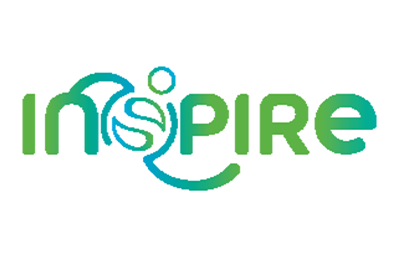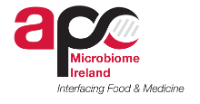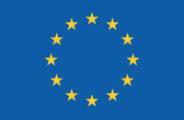Elisa di Stefano
Research Interests
Research title: In situ phytate degradation of iron-fortified complementary foods by Bifidobacterium spp: a novel approach to tackle iron deficiency in early life.
Project objectives
- To screen over 200 human-derived Bifidobacterium strains belonging to the species pseudocatenulatum, B. adolescentis, B. bifidum, B. longum, B. breve and B. dentium from the APC strain collection for in vitro phytase activity;
- To identify phytase producers for further genomic analysis, identify and characterise novel and existing phytases, and select a consortium of strains with high phytate activity (phy+) for potential probiotic use;
- To assess phytase activity in iron-fortified food matrices and throughout gastrointestinal digestion;
- To optimize a human primary intestinal epithelial organoid-Bifidobacterium co-culture model to study intestinal iron absorption.
The proposed project is expected to generate the knowledge and know-how required for the formulation of iron-fortified probiotic foods providing enhanced intestinal iron absorption and delivering phytate degrading bifidobacteria to the infant gut.
Global societal challenge that you are tackling:
Anaemia is a global public health concern affecting 33 % of the world population, with highest incidence in children below 5 years of age (42 %) and pregnant women (40 %). Approximately half of the cases are caused by iron deficiency (ID), with the highest incidence in low- and middle-income countries (LMICs). The first 1000 days of life are a critical window for brain iron accumulation, and iron deficiency anaemia (IDA) in these early days is associated with poorer outcome measures for neurological and cognitive development and irreversible lifelong developmental deficits. Likewise, ID is also associated with impairment in cognitive function and adaptive immunity and possibly poor response to vaccinations in children and adolescents. All of this contribute to the cycle of poverty.
The project aims at developing novel tools to decrease the incidence of ID in early life, therefore tackling the UN Sustainable Development Goal (SDG) 1 to “End poverty in all its forms everywhere”, and particularly target 1.1. “Eradicate extreme poverty for all people everywhere”, and SGD 2 “Good health and wellbeing”, particularly target 2.1 to “End hunger and ensure access by all people, in particular the poor and people in vulnerable situations, including infants, to safe, nutritious and sufficient food all year round” and target 2.2 to “End all forms of malnutrition”. Moreover, as iron plays a critical role in cognitive development, by addressing iron deficiency the project further tackle SDG 4 “Quality education”, and particularly target 4.2 “Ensure that all girls and boys have access to quality early childhood development, care and pre-primary education so that they are ready for primary education”.
Anaemia in adulthood predominantly affects women, negatively affecting physical activity and work performance, and resulting in decreased productivity. Developing new tools to tackle IDA can further allow to tackle SDG 5 “Gender equality”.




